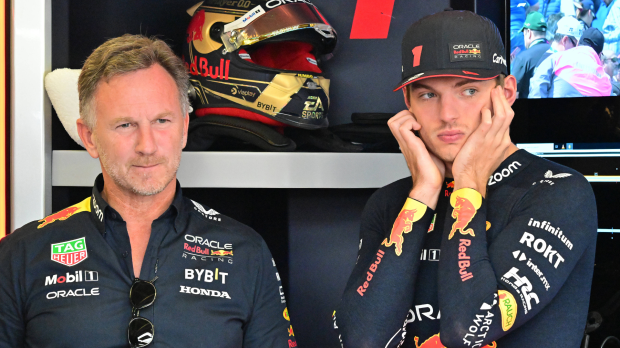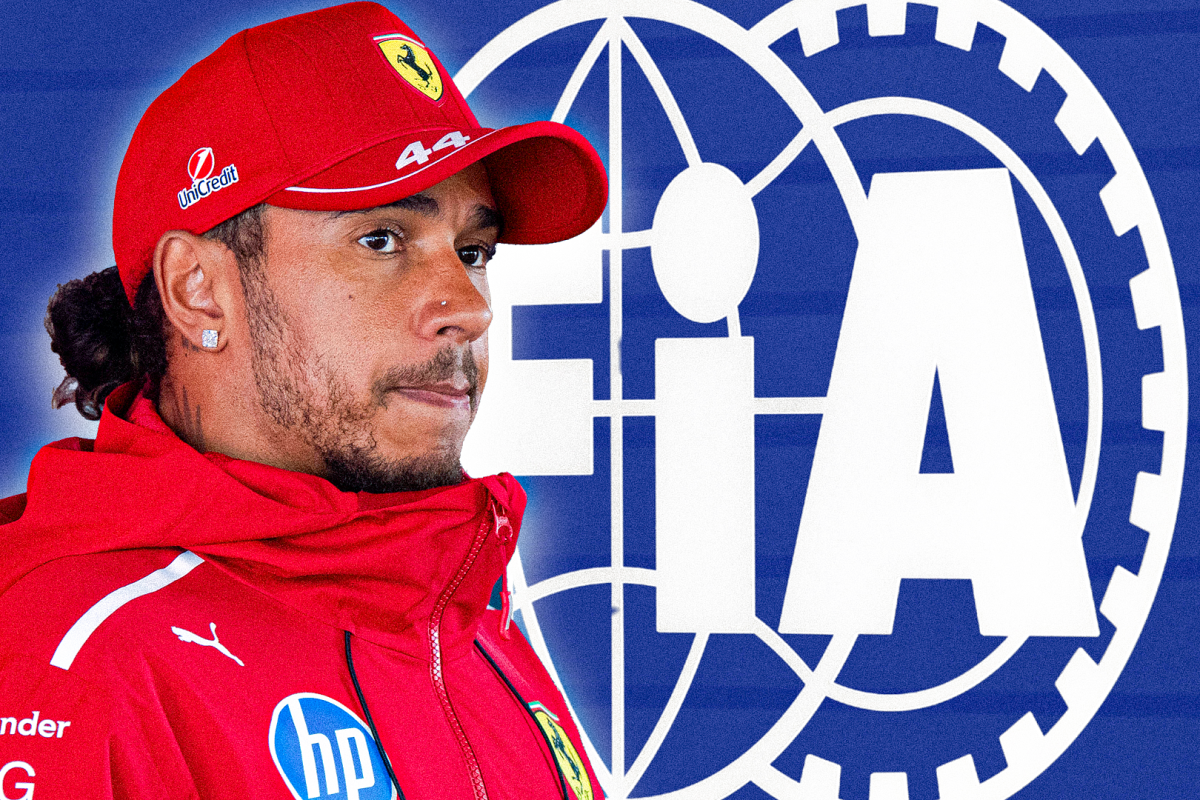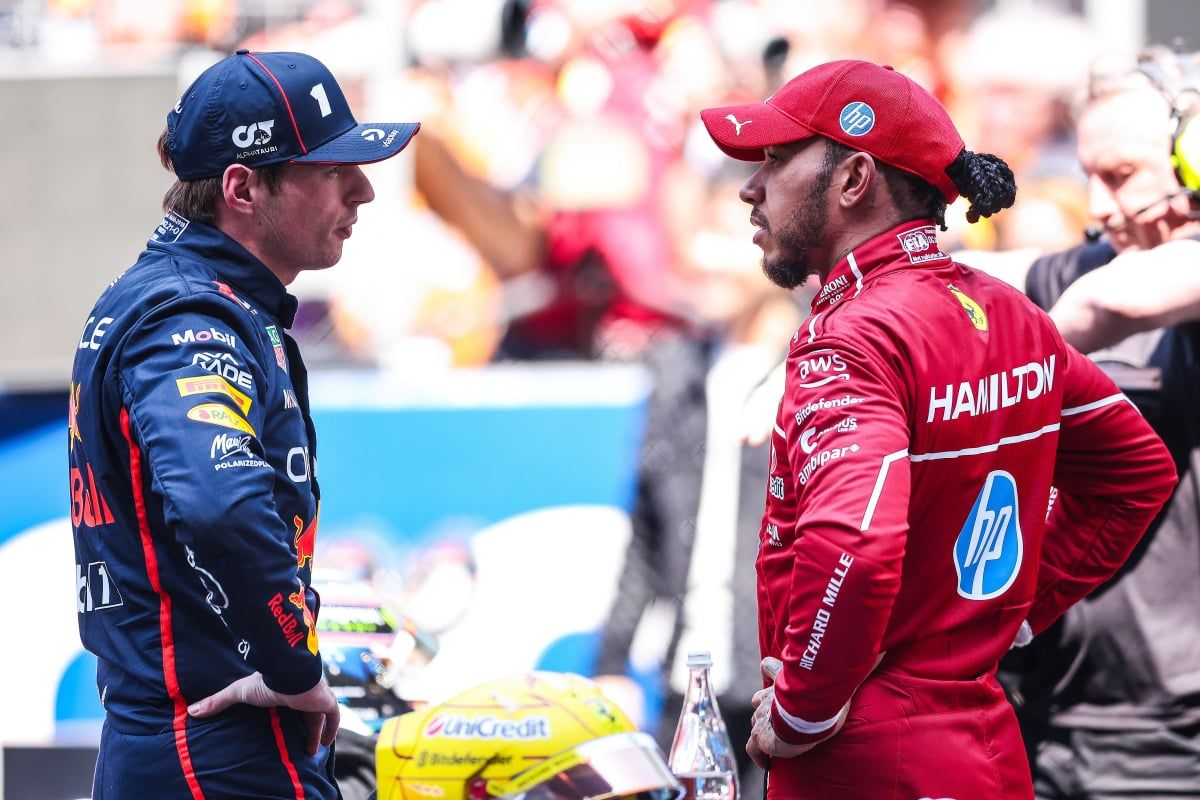Red Bull’s Response to Ted Kravitz’s Abu Dhabi 2021 Grand Prix Analysis: A C… read more
The aftermath of the controversial 2021 Abu Dhabi Grand Prix continues to generate headlines, even years later. The race, which saw Max Verstappen snatch the World Championship title from Lewis Hamilton on the final lap, remains a focal point of discussion and debate within Formula 1 circles. A significant element of this ongoing conversation revolves around comments made by Ted Kravitz, the respected Sky Sports F1 pit lane reporter, in his post-race analysis. While Kravitz’s commentary generally offered insight and opinion, certain assertions sparked a strong reaction from Red Bull Racing, leading to a formal complaint and a subsequent, though relatively low-key, response from the broadcaster.
Kravitz’s analysis, delivered in his characteristically informal yet insightful style, included suggestions that the race’s outcome may have been influenced by certain actions and decisions taken by the race director, Michael Masi. While Kravitz carefully avoided explicit accusations of wrongdoing, his observations implied that the interpretation and application of the rules regarding the safety car period might have been advantageous to Verstappen and Red Bull. This implied criticism, even if not overtly stated as such, touched upon a sensitive nerve for the team, already embroiled in post-race scrutiny and accusations from rival teams and fans.
The specific comments that drew Red Bull’s ire are not publicly available in a single, easily accessible transcript. However, reports and accounts from various sources suggest that Kravitz’s commentary hinted at potential irregularities in the handling of the lapped cars, specifically focusing on the decision to allow only certain cars to un-lap themselves before the restart. This, critics argued, gave Verstappen an unfair advantage, as he was directly behind Hamilton on the restart with a clear track for the final lap. The implication, as interpreted by Red Bull, was that Kravitz was suggesting a deliberate favoring of Verstappen and the team, despite the FIA’s subsequent investigation that ultimately found no evidence of intentional manipulation.
Red Bull’s reaction was swift and decisive. The team lodged a formal complaint with Sky Sports, expressing their displeasure with Kravitz’s commentary and arguing that it was biased, potentially damaging to their reputation, and presented an inaccurate narrative of the events. The complaint highlighted the importance of maintaining objectivity and impartiality in race reporting, emphasizing the potential negative consequences of fueling speculation and unsubstantiated accusations. The team didn’t seek specific sanctions against Kravitz or Sky Sports, but the complaint served as a clear indication of their dissatisfaction with the tone and implication of his post-race analysis.
Sky Sports’ response, while not publicly detailed, was reportedly conciliatory. The broadcaster acknowledged Red Bull’s concerns and defended Kravitz’s right to offer informed opinion and analysis, emphasizing the importance of journalistic freedom within the context of providing commentary on a highly charged and complex sporting event. However, the network may have internally addressed the situation with Kravitz, potentially advising him to exercise greater caution in future commentary to avoid similar controversies. It’s important to note that no public apology or retraction was issued, nor was any disciplinary action taken against Kravitz. This suggests that Sky Sports ultimately viewed the complaint as a matter of differing perspectives on the interpretation of the events rather than a breach of journalistic ethics.
The incident highlights the delicate balance between providing insightful commentary and avoiding accusations of bias or the dissemination of misinformation, especially in the highly charged environment of Formula 1. It underscores the enduring controversy surrounding the 2021 Abu Dhabi Grand Prix and the sensitivity surrounding interpretations of the events that unfolded that day. While Red Bull’s complaint and Sky Sports’ response were relatively low-key, they served as a reminder of the significant stakes involved and the potential for even nuanced commentary to ignite considerable debate and controversy. The episode serves as a case study in the intersection of sports journalism, team relations, and the lasting impact of pivotal moments in competitive racing.




